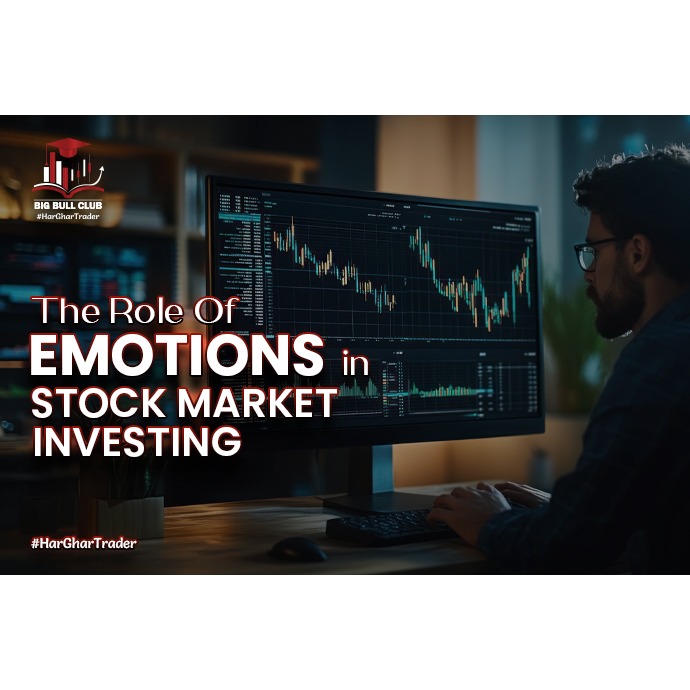The Role of Emotions in Stock Market Investing
Investing in the stock market involves more than just numbers and analysis; it also taps deeply into human emotions. The excitement of a rising market or the anxiety during a downturn can influence decisions significantly. Understanding how emotions affect stock market investing is essential for making informed choices and avoiding irrational behavior.
Understanding Emotional Investing
Although many investors believe they rely solely on logic, emotions often play a crucial role in decision-making. Feelings like fear, greed, and overconfidence can lead to irrational behavior, which may result in poor investment outcomes.
Fear: The Investor's Worst Enemy
Fear can cause investors to make hasty decisions during market downturns. When stock prices drop, fear often drives investors to sell prematurely in an attempt to avoid further losses. This panic selling typically results in locking in losses rather than waiting for a potential recovery. A notable example is the 2008 financial crisis, when many investors sold their stocks in fear, only to miss out on gains when the market rebounded.
Greed: A Double-Edged Sword
Greed, on the other hand, can drive investors to take excessive risks, especially in bull markets when prices are rising. This desire for higher returns can lead to poor decisions, such as over-investing in speculative stocks. The dot-com bubble in the late 1990s serves as a classic example, where greed drove investors to invest in tech companies without solid fundamentals, leading to significant losses when the bubble burst.
Overconfidence: The Silent Killer
Overconfidence can also be detrimental to investors. When markets are performing well, investors may believe they have special insights or abilities to predict future movements. This overconfidence can lead to risky bets and insufficient diversification, resulting in substantial losses when the market turns.
The Psychology Behind Emotional Investing
Emotions in investing are rooted in psychology. Human beings are naturally wired to react emotionally to uncertainty and risk, which the stock market constantly presents. One common psychological bias is loss aversion, where investors fear losses more than they value gains. This can lead to selling winning stocks too soon or holding onto losing ones for too long.
Additionally, the herd mentality often drives emotional investing. When investors see others buying or selling in large numbers, they may feel compelled to follow suit, regardless of their own strategy or analysis.
Managing Emotions in Investing
While eliminating emotions from investing is impossible, there are ways to manage them:
Have a Plan: A clear investment plan helps you stay focused on long-term goals, reducing impulsive decisions during market fluctuations.
Diversify Your Portfolio: Diversification spreads risk across different assets, lowering the emotional impact of a single stock’s performance.
Set Stop-Loss Orders: These can automatically sell a stock if its price falls to a certain level, limiting losses and reducing emotional decision-making.
Stay Informed but Calm: Keep up with market news, but avoid reacting to every headline. Focus on long-term trends.
Final Thoughts
Emotions like fear, greed, and overconfidence can cloud judgment in stock market investing. By recognizing these emotional triggers and applying strategies like diversification, planning, and emotional awareness, investors can make more rational decisions and improve their chances of long-term success.

